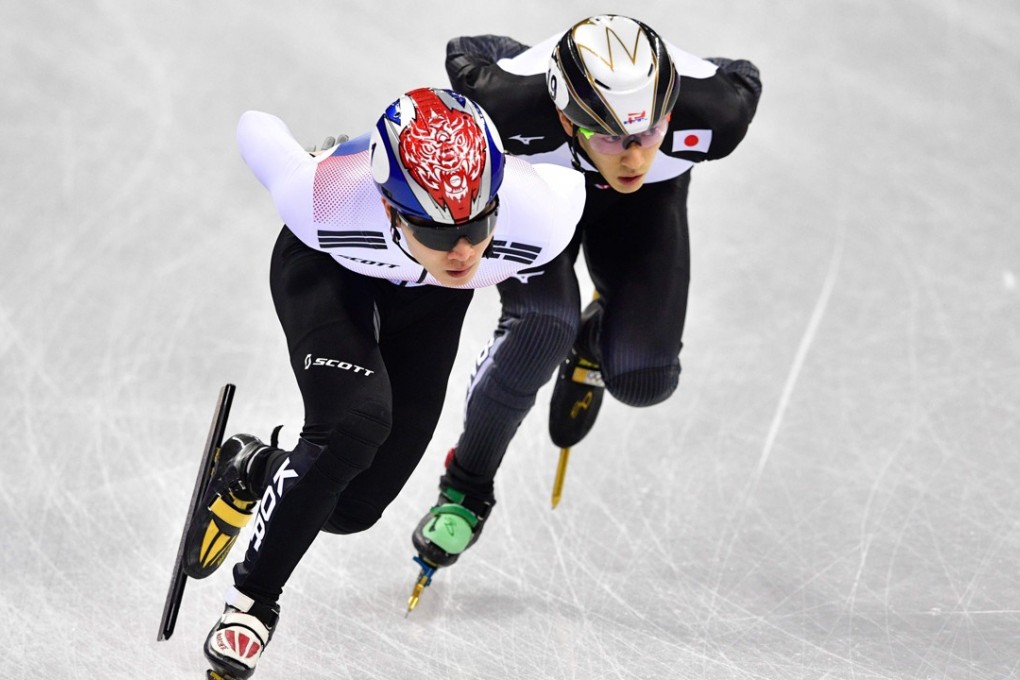Japanese Olympics speed skater Kei Saito fails doping test
The positive test is the first ever returned by a Japanese athlete at a Winter Olympics

Kei Saito, a member of the Japanese short-track speedskating team at the Pyeongchang Olympics, has failed a drug test, multiple sources told Kyodo News late Monday.
Saito, 21, a reserve on the Japanese men’s 5,000-meter relay team, failed an out-of-competition test in the lead-up to the games, the sources said.
The positive test is the first ever returned by a Japanese athlete at a Winter Olympics.
The skater, whose sister Hitomi is also competing in South Korea, was a member of Japan’s 3,000-meter relay team, which finished third at the 2014 world juniors.
Saito, a human biology student, also participated in the Winter Youth Olympic Games in 2012, when he placed fifth in the 500m, fourth in 1,000m and seventh in Relay X.
He ranks 60th in the World Cup for the 2017/18 season, and his best performance this season put him in sixth place in the 5,000m relay in Seoul.